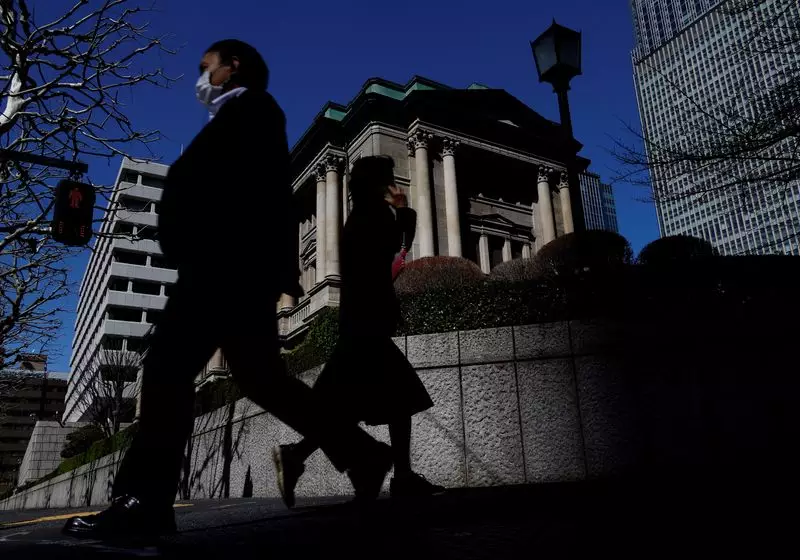In a recent event, Bank of Japan (BOJ) Governor Kazuo Ueda articulated the institution’s resolve to uphold a 2% inflation target amidst the challenges posed by climate change. This commitment reflects an understanding that climatic transformations could lead to significant fluctuations in future economic conditions, and it emphasizes the BOJ’s proactive stance in addressing these potential disruptions. Ueda’s remarks illustrate a strategic approach that prioritizes inflation stability, albeit with a recognition of the uncertainties introduced by environmental factors.
Ueda indicated that the BOJ is prepared to closely monitor the evolving relationship between climate change and inflation expectations. He expressed cautious optimism that the central bank could maintain its inflation target even when confronted with unforeseen shocks related to environmental issues. However, the governor’s concerns about inflation expectations signal a nuanced acknowledgment that the repercussions of climate change could unsettle the economic landscape, warranting vigilant oversight from monetary authorities.
As part of its green transition strategy, Japan is contemplating the introduction of a carbon tax, an approach that may have immediate implications for inflation expectations. Ueda emphasized that such a tax could add upward pressure on prices, particularly in the short term, though he assured participants at the conference that Japan could bear this inflationary impact momentarily. These discussions come in conjunction with government initiatives aimed at stimulating investment in environmentally sustainable technologies, which include fiscal support of approximately 20 trillion yen (or $131 billion)—significantly linked to 3% of Japan’s GDP.
The government’s green transition strategy outlines ambitious plans that include the establishment of carbon pricing frameworks and emissions trading systems. Aiming for implementation by fiscal 2026, these measures underscore a broader commitment to sustainable economic policies. However, they also present potential risks to the inflation landscape as businesses adjust to new regulations and pricing models. Ueda’s remarks suggest that while these short-term challenges are manageable, they could lead to longer-term adjustments in consumer behavior and price-setting mechanisms.
The BOJ’s dialogue on climate change reflects a broader awareness of the intricate linkages between environmental health and economic stability. Ueda’s statements serve as a reminder of the central bank’s dual focus on managing inflation while adapting to the realities of a changing climate. The proactive steps taken by both the BOJ and the Japanese government indicate a determined effort to navigate the complex economic waters altered by environmental pressures. As both institutions work toward aligning monetary policy with the principles of sustainability, the coming years will be critical in determining the effectiveness of their strategies in achieving a stable economic framework in the face of inevitable climatic challenges.

